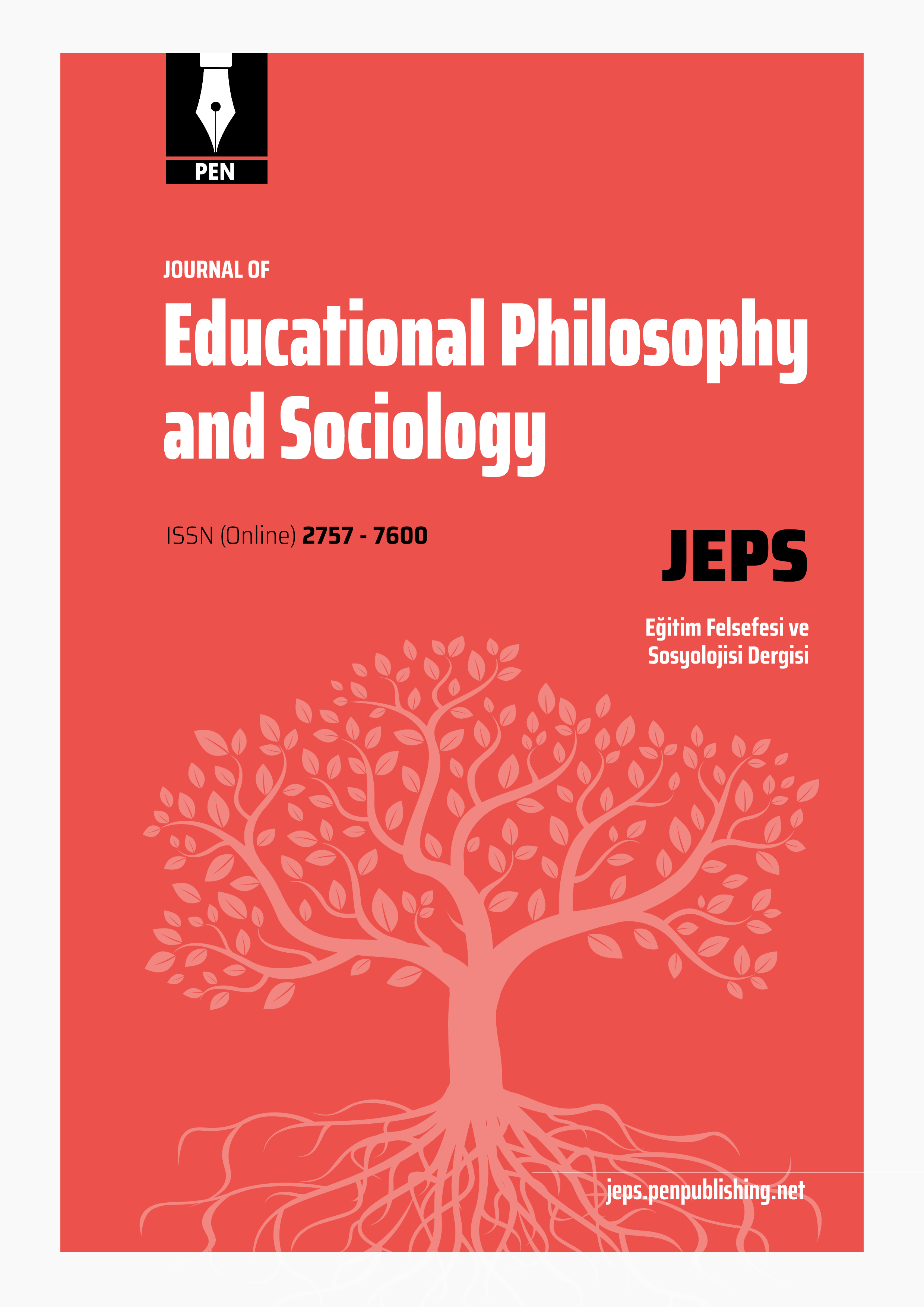- Bauman, Z. (2007). Amor líquido. Buenos Aires: Fondo de Cultura Económica. [Google Scholar]
- Devalle de Rendo, A y Vega V. (2006). Una escuela en y para la diversidad. El entramado de la diversidad. Buenos Aires: Aique Grupo Editor. [Google Scholar]
- Dilthey, W. (2003). La esencia de la filosofía. Buenos Aires. Editorial Lozada. Biblioteca de obras maestras del pensamiento. [Google Scholar]
- Dussel, E; Zemelman, H y otros (2007). ¿Cómo y quiénes producen conocimiento en América latina? Mexico: IPECAL. [Google Scholar]
- Freire, P. (1992). Pedagogía de la esperanza. Siglo XXI. Argentina, Buenos Aires. [Google Scholar]
- Gadamer, H. G. (2000). La Herencia de Europa. Barcelona: Ed. Península. [Google Scholar]
- González G, M. A. (2016). Aprender a vivir juntos. Lenguajes para pensar diversidades e inclusiones. (2016). ISBN: 978-987-538-465-1. DOI: 10.13140/RG.2.1.1991.7208. Buenos Aires: Noveduc Ediciones. https://www.researchgate.net/publication/301356743_Aprender_a_vivir_juntos_Lenguajes_para_pensar_diversidades_e_inclusiones [Google Scholar]
- Guarín J, G. (2011). Epistemología hermenéutica en la interdisciplinariedad contemporánea. Manizales: Universidad Católica de Manizales. [Google Scholar]
- Guarín, G. J (2018), La formación de sujetos. Edit. Universidad de Manizales, Manizales-Colombia. [Google Scholar]
- Heidegger, M. (1986). Ser y tiempo. Mexico: Fondo de cultura económica. [Google Scholar]
- Husserl, E. (1992). Invitación a la fenomenología. Barcelona. Ediciones Paidós. [Google Scholar]
- Kusch, R. (1977). Esbozo para una Antropología Filosófica Latinoamericana. En: Revista de Filosofía Latinoamericana y Ciencias Sociales. No. 5-6 January- December. [Google Scholar]
- Levinas, E. (2002). Totalidad e infinito: ensayo sobre la exterioridad. Salamanca. Ediciones Sígueme. [Google Scholar]
- Mèlich, J. C. (2021). La fragilidad del mundo. Tusquets Editores. Barcelona-Spain. [Google Scholar]
- Neruda, P. (2024). Las Palabras. Revista Altazor. Revista Electrónica de Literatura. Year 4. May. [Google Scholar]
- Ortega y Gasset, J (1960). ¿Qué es Filosofía? Madrid. Ediciones Paulinas. [Google Scholar]
- Skliar, C. (2005). La intimidad y la alteridad. Buenos Aires: Miño y Dávila. [Google Scholar]
- Tamayo Giraldo, G. y Guarín Jurado, G. (2023). El Humanismo, la formación y el reconocimiento de las diversidades humanas. Areté. Revista Digital del Doctorado en Educación de la Universidad Central de Venezuela. 9 (18) 37-56 http://ve.scielo.org/pdf/arete/v9n18/2443-4566-arete-9-18-37.pdf [Google Scholar]
- Tamayo G, G., González G, M. A., & Osorio L, A. A. (2023). Caminos para la acreditación del profesorado universitario: escucha empática, confianza y diversidad. Revista Interuniversitaria De Formación Del Profesorado. Continuación De La Antigua Revista De Escuelas Normales, 98(37.1). https://doi.org/10.47553/rifop.v98i37.1.98297 [Google Scholar] [Crossref]
- Touraine, A. (1990). Movimientos sociales hoy. Barcelona: Editorial Hacer. [Google Scholar]
- Vallejo, I. (2021). El infinito en un junco. Bogotá: Penguin Random House. [Google Scholar]
- Walsh, C. (2007). Interculturalidad, colonialidad y educación. Revista Educación y pedagogía, vol. XIX, Núm. 48, pp. 25-35 En: https://www.flacsoandes.edu.ec/sites/default/files/agora/files/1265909654.interculturalidad__colonialidad_y_educacion_0.pdf [Google Scholar]
- Zea, L. (2003). La filosofía americana como filosofía sin más. Buenos Aires. Siglo veintiuno editores. [Google Scholar]
- Zemelman, H. M (2011). Los horizontes de la razón. Anthropos. Barcelona. Spain. [Google Scholar]
|
